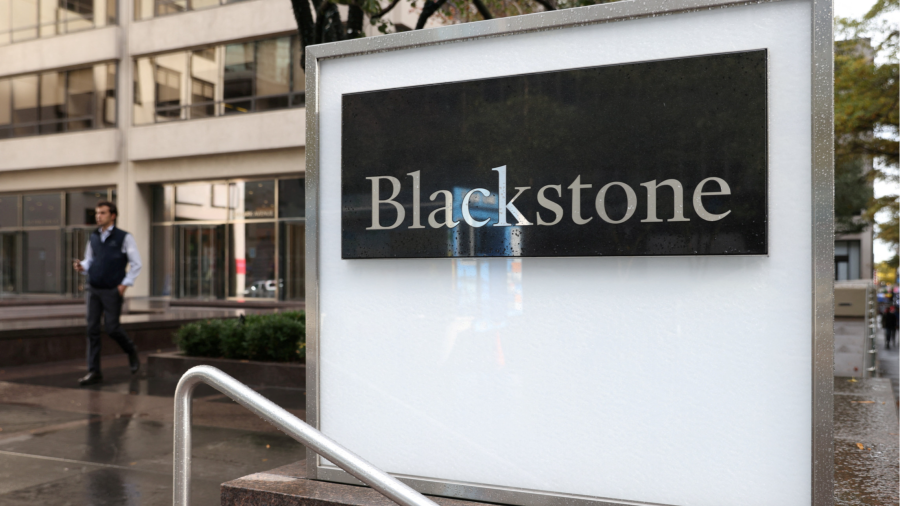
An economic downturn is an awkward moment for a private capital manager which happens to be publicly listed. On Thursday, Blackstone shared its third-quarter results. All eyes trained on how it had marked the valuations of its private equity and private debt portfolio, at a time when US equities and bonds have sold off sharply.
In Blackstone’s largest business, real estate, returns for the last 12 months remain at 20 per cent. However, the trailing return for its riskiest real estate fund at the end of 2021 registered at 44 per cent. That regression hints at the market chill this year. Notably, its corporate buyout return is flat over the past year. This leveraged buyout business appreciation was 43 per cent, annually, at end of 2021.
Perhaps most interesting is the juxtaposition in Blackstone’s credit business. Its direct lending business to private companies remains 9 per cent up for the year. Its “liquid” credit unit that invests in debt securities that trade easily and frequently, however, lost 5 per cent. One wonders whether the flexibility allowed in marking private assets has led to more charitable valuations.
Firms like Blackstone counter that their underwriting skills are better than typical public managers and that their investors also get paid a premium return for holding illiquidity.
In this sense, Blackstone can point to its record. Its shares fell to less than $5 in the depths of the financial crisis. But its capital was locked up and not at risk of flight. Eventually, those shares rallied to nearly $150 when the firm eventually cashed out with massive returns on its portfolio.
While its shares have dropped a third so far this year, assets under management have swelled to nearly $1tn. Those prized recurring management fees keep soaring. It may be that Blackstone’s deals will ultimately disappoint. But that will require actual defaults and bankruptcies, not just underlying volatility in public capital markets.